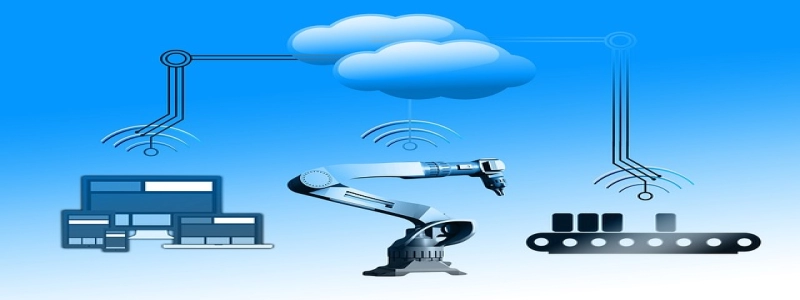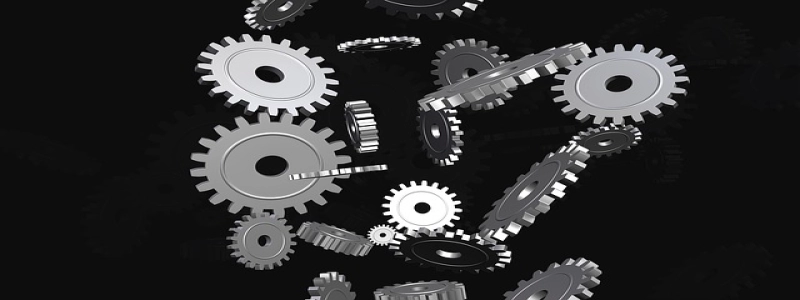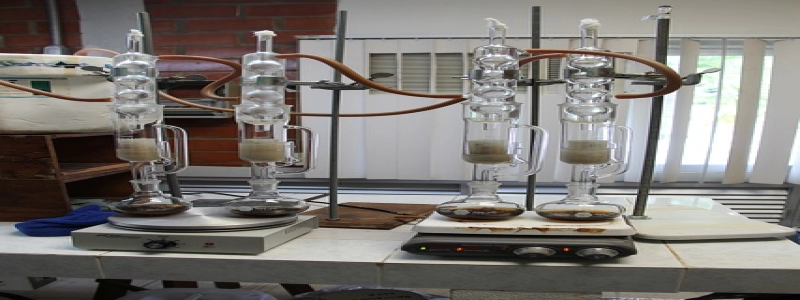Electrical Terminal Connector Types
Introduction:
Electrical terminal connectors play a crucial role in ensuring reliable and secure connections in electrical systems. They are used to complete electrical circuits and facilitate the transmission of power and signals between components. Various terminal connector types exist, each offering unique features and advantages for different applications. In this article, we will explore the different types of electrical terminal connectors and their uses.
I. Wire Connectors:
Wire connectors are perhaps the most commonly used terminal connectors. They are designed to join two or more wires together or connect wires to electrical devices. Wire connectors come in different types such as butt connectors, crimp connectors, and solder connectors. Butt connectors are used to join two wires end-to-end, crimp connectors involve using a crimping tool to secure the wires, and solder connectors require melting solder to create a permanent connection.
II. Terminal Blocks:
Terminal blocks provide a convenient and organized way to connect multiple wires together. They consist of a block or strip with multiple screw terminals, allowing for easy insertion and tightening of wires. Terminal blocks are commonly used in industrial applications, where connecting and disconnecting wires frequently is necessary. They are available in various configurations, including feed-through, ground, and fusible terminal blocks.
III. Spade Terminals:
Spade terminals, also known as fork or split-ring terminals, are widely used in automotive and electrical applications. They have a flat, metal tongue that can be easily inserted into a screw or bolt terminal. Spade terminals come in different sizes and are available as insulated and non-insulated versions. They provide a secure connection and are often used for quick-installation applications.
IV. Ring Terminals:
Ring terminals are commonly used in applications where a secure and permanent connection is required. They have a circular-shaped metal terminal with a hole in the center. The terminal can be easily attached to a screw or bolt terminal, ensuring a reliable connection. Ring terminals are available in various sizes and can be insulated or non-insulated.
V. Bullet Connectors:
Bullet connectors, also known as bullet terminals, are used to connect automotive electrical wires. They consist of a male and female connector that can be easily joined. The connectors have a cylindrical shape and are available in different sizes. Bullet connectors provide a secure and detachable connection, making them suitable for applications with the need for frequent disconnections.
Conclusion:
Electrical terminal connectors are essential components in electrical systems, ensuring reliable connections between wires and devices. The various types of connectors discussed in this article offer flexibility and versatility for different applications. Understanding the different connector types and their specific uses can help in selecting the appropriate connector for a particular electrical project or application. Whether it is wire connectors, terminal blocks, spade terminals, ring terminals, or bullet connectors, choosing the right type of connector is vital for a safe and efficient electrical connection.







